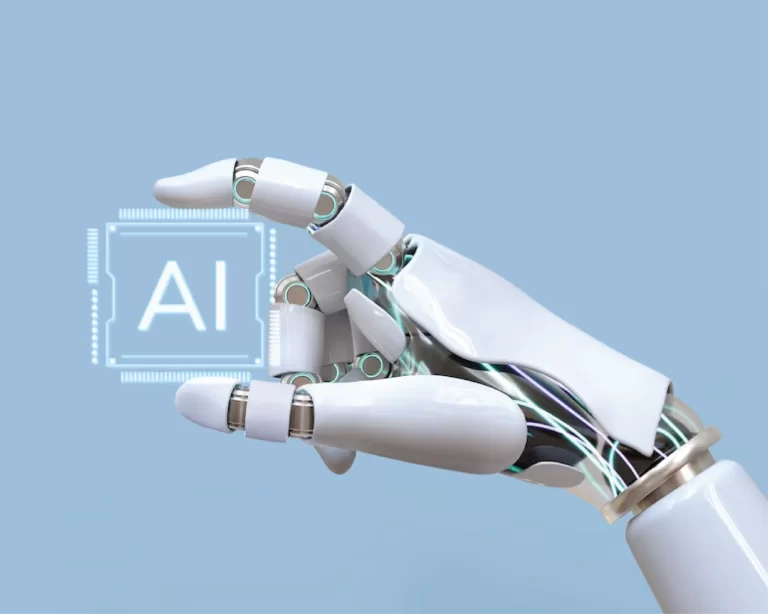
Artificial Intelligence (AI) is no longer a concept restricted to science fiction. It has become an integral part of modern business operations, creating innovation and efficiency across various industries. As AI technology continues to evolve, it brings with it a lot of opportunities and challenges. In this article, we will explore the future of AI in business, highlighting key trends and making predictions about its impact.
1. AI-Motivated Automation
One of the most significant trends in AI is automation. Businesses are increasingly using AI to automate routine tasks, from customer service chatbots to complex data analysis. Automation not only improves productivity but also allows employees to focus on more strategic activities. In the future, we can expect to see even more improved AI systems capable of handling difficult processes with minimal human intervention.
2. Improved Customer Experience
AI is revolutionizing the way businesses interact with customers. Personalized recommendations, predictive analytics, and conversational bots are just a few examples of how AI improves customer experience. Companies are using AI to understand customer preferences better and provide personalised solutions. As AI technology advances, customer interactions will become even more smooth and intuitive, leading to higher satisfaction rates.
3. AI in Decision Making
Data-motivated decision-making is becoming the norm, thanks to AI. Machine learning algorithms can analyze big amounts of data quickly and accurately, providing valuable insights for strategic decisions. In the future, AI will play an important role in predictive analytics, helping businesses forecast market trends, consumer behavior, and potential risks. This shift will allow companies to make more informed and proactive decisions.
4. AI for Enhanced Security
Cybersecurity is a growing concern for businesses worldwide. AI offers advanced solutions for detecting and preventing security threats. Machine learning models can identify patterns and anomalies in data, alerting organizations to potential threat. In the future, AI-driven security systems will become more active, providing real-time protection against evolving cyber threats.
5. AI and Human Collaboration
While AI is automating many tasks, it is not replacing human workers. Instead, it is developing human capabilities. Collaborative AI systems are designed to work alongside humans, improving their skills and productivity. For instance, AI-powered tools can assist doctors in diagnosing diseases or help engineers in designing complex systems. This trend of human-AI collaboration will continue to grow, leading to more innovative and efficient work environments.
6. Ethical AI and Regulation
As AI technology advances, ethical considerations and regulatory frameworks are becoming increasingly important. Issues such as data privacy, discrimination in AI algorithms, and the impact of automation on jobs need to be addressed. In the future, we can expect stricter regulations and guidelines to guarantee that AI is developed and used responsibly. Businesses will need to prioritize ethical AI practices to build trust with consumers and stakeholders.
7. AI in Supply Chain Management
AI is transforming supply chain management by optimizing logistics, inventory management, and demand forecasting. Predictive analytics and real-time data processing allow companies to develop operations and reduce costs. In the coming years, AI will further improve supply chain efficiency, making it more responsive to market changes and customer demands.
8. AI-Powered Innovation
AI is a trigger for innovation. It is creating advancements in various fields, from healthcare and finance to manufacturing and retail. Businesses that embrace AI are better positioned to innovate and stay ahead of the competition. In the future, AI will continue to open new avenues for growth, allowing companies to develop amazing products and services.
The future of AI in business is promising, with numerous trends indicating its transformative potential. From automation and imrpoved customer experiences to improved decision-making and security, AI is set to revolutionize the way businesses operate. However, with great power comes great responsibility. Businesses must navigate the ethical and regulatory challenges to harness AI's full potential responsibly. By doing so, they can unlock unprecedented opportunities for innovation and growth.
Embracing AI is no longer an option but a necessity for businesses looking to grow. As AI technology continues to evolve, those who adapt and integrate it into their operations will lead the way into a smarter, more efficient future.
